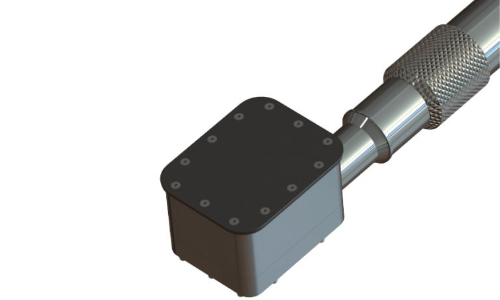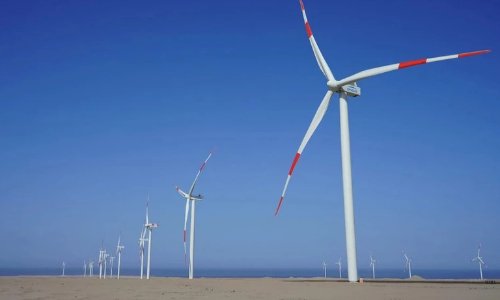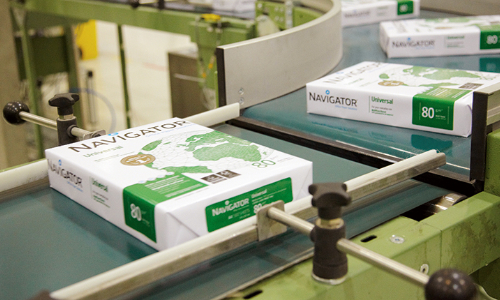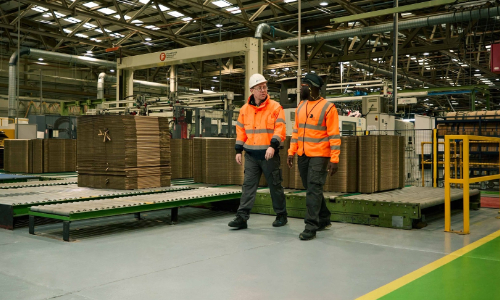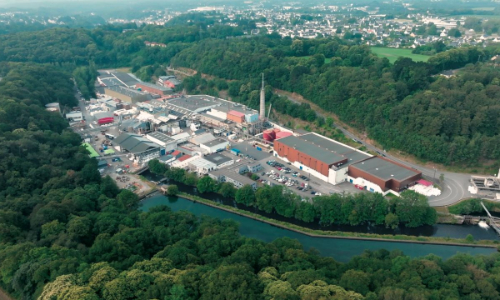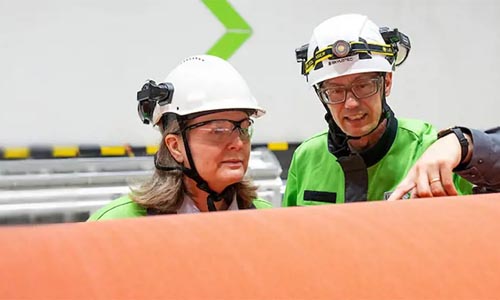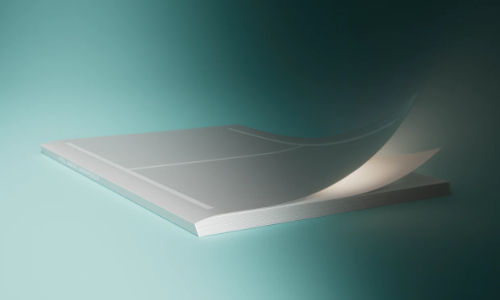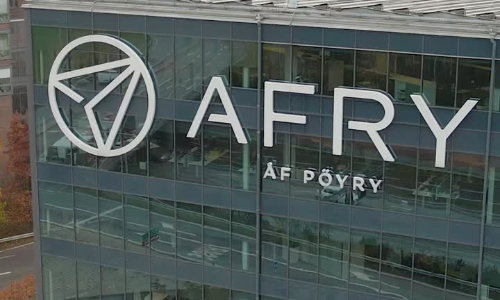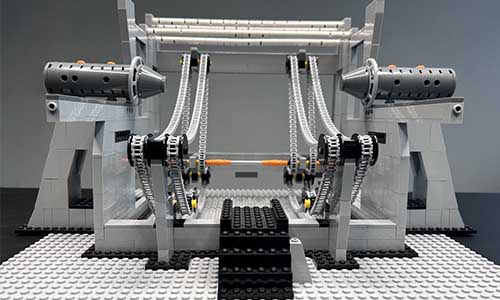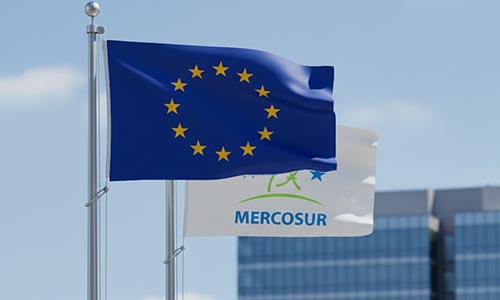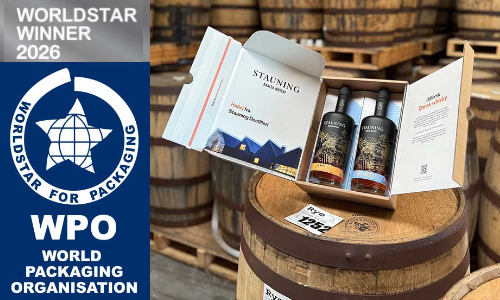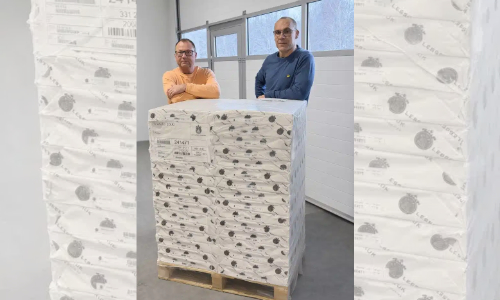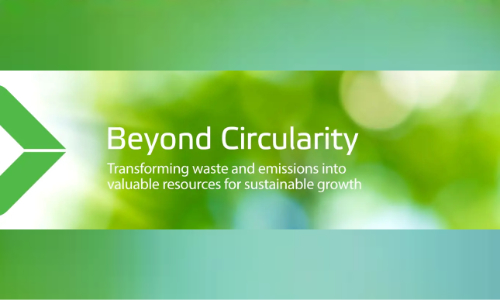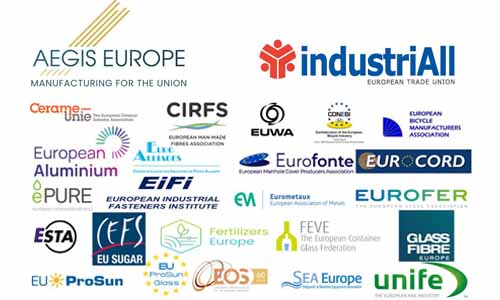
On March 21, AEGIS Europe, an organisation representing the interests of the manufacturing industries (including Pulp & Paper sector) in the European Union and IndustriAll Europe, the European trade union federation for manufacturing, mining and energy workers, organized an event in Brussels on the topics “Manufacturing Europe’s Future: How to combat growing deindustrialisation and ensure good industrial jobs?”
On that occasion, these organisations, presented manifestos ahead of the 2024 elections and host a debate about establishing the essential conditions for the EU manufacturing to remain competitive in the upcoming 2024-2029 political cycle, with a specific focus on industrial and trade policy and having at the core the interest and rights of workers.
Some highlights
About Industrial Policy
Preventing further deindustrialisation – is there still time to avoid a total industry collapse? Policy recommendations by experts
- Trade data show a concerning trend of declining export opportunities for EU industries coupled with an increased reliance on imports, exacerbating dependencies and the development of overcapacities, particularly in emerging economies with lower ESG standards compared to Europe. The Commission’s short and long-term priorities need to be adapted accordingly to not only prevent further deindustrialisation in Europe but to also allow the industrial renaissance We need to meet our own green transition ambitions.
• The EU struggles in remaining an attractive destination compared to other major economies: European employment figures have been declining since well before the Covid-19 pandemic, with high-cost levels (especially energy prices which are the highest in the world) leading to production curtailments and closures, most of them definitive. Urgent actions are needed to address these challenges – including the pressing need to tackle the skills gap – and promote reskilling initiatives.
• Despite harsh global competition in the clean tech race (especially from the US and China), manufacturing remains vital for Europe’s economic welfare and industrial strength. Attracting investment and production to Europe is crucial to maintain innovation and ensure sustainable economic growth.
• Combatting de-industrialisation in Europe requires collaborative efforts to preserve industrial skills and jobs and address the current and future skills gap, by promoting reskilling initiatives.
About Trade Policy
Leveraging trade to restore the competitiveness of the EU industry: do we have the right instruments in Europe?
- Enhancing trade policy is essential to restore Europe’s competitiveness in the face of a deteriorating industrial capacity, affecting all manufacturing sectors. While existing trade tools have had some success, a more strategic and comprehensive approach is needed to address underlying challenges to keep our industrial base competitive on the world market.
- While the EU has been consistently advocating for free trade, resulting in increased trade flows through FTAs, a significant portion of imports into the Union originates from countries with lower cost levels and ESG standards compared to the EU. This is particularly concerning in the race for raw materials: EU industries are urging for measures to level the playing field and ensure that partners adhere to similar standards to avoid overpaying for raw materials necessary for delivering on the Green Deal.
• EU trade defence instruments play a key role in supporting the transition towards climate neutrality and economic resilience. To address current challenges, such as industrial closures and job relocation, these instruments must be revisited to ensure they efficiently address the current challenges. - some success, a more strategic and comprehensive approach is needed to address underlying challenges to keep our industrial base competitive on the world market.
- There is wide consensus in the industry that the EU needs to do more, better and faster in the area of trade defence, in order to effectively protect its industries against unfair trade practices.
- While the EU has been consistently advocating for free trade, resulting in increased trade flows through FTAs, a significant portion of imports into the Union originates from countries with lower cost levels and ESG standards compared to the EU. This is particularly concerning in the race for raw materials: EU industries are urging for measures to level the playing field and ensure that partners adhere to similar standards to avoid overpaying for raw materials necessary for delivering on the Green Deal.
- EU trade defence instruments play a key role in supporting the transition towards climate neutrality and economic resilience. To address current challenges, such as industrial closures and job relocation, these instruments must be revisited to ensure they efficiently address the current challenges.
- There is a pressing need to find innovative solutions to address green and industrial subsidies, particularly in tackling overcapacities and pending a reform of the WTO. The current EU debate relating to economic security is of particular relevance to AEGIS Europe.







